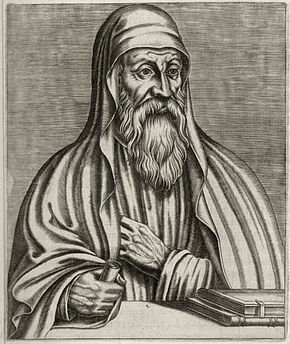Already the rumours are flying around the theologicobiblioblogosphere about what this will mean for mythicism.
A sensational new discovery of a first century manuscript of the Gospel of Mark has been quietly announced on a Blog (as is the way such rare and monumental finds are typically announced, of course).
We have as many as eighteen second-century manuscripts (six of which were recently discovered and not yet catalogued) and a first-century manuscript of Mark’s Gospel! Altogether, more than 43% of the 8000 or so verses in the NT are found in these papyri. Bart had explicitly said that our earliest copy of Mark was from c. 200 CE, but this is now incorrect. It’s from the first century. I mentioned these new manuscript finds and told the audience that a book will be published by E. J. Brill in about a year that gives all the data. (In the Q & A, Bart questioned the validity of the first-century Mark fragment. I noted that a world-class paleographer, a man who had no religious affiliation and thus was not biased toward an early date, was my source. Bart said that even so, we don’t have thousands of manuscripts from the first century! That kind of skepticism is incomprehensible to me.)
One thing is certain. Earl Doherty has steadfastly maintained that the Gospel of Mark must be dated squarely within the first century. (pp. 3, 400-404 of Jesus Neither God Nor Man and p. 196 of The Jesus Puzzle)
(Other mythicists — Drews, Wells, Price — have given the Gospel of Mark a terminus a quo of 70 c.e.)
It is good to see the synaptic lights of Joel Watts, Has Mark’s (Near) Original Autograph Been Found?, and James McGrath, The Earliest Manuscript of Mark’s Gospel?, immediately grasping the profound significance of this for mythicism. They are keenly aware that there will be mythicists who will challenge the finding to test its veracity even though a first century date so patently supports Earl Doherty’s own arguments, thus demonstrating that no mythicist worth his or her salt would ever accept anything untested just because it initially appears to support their views.



